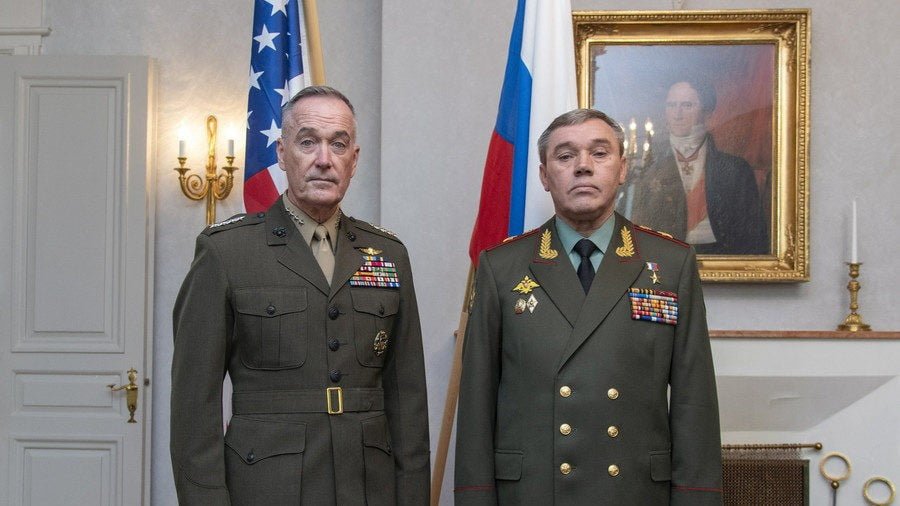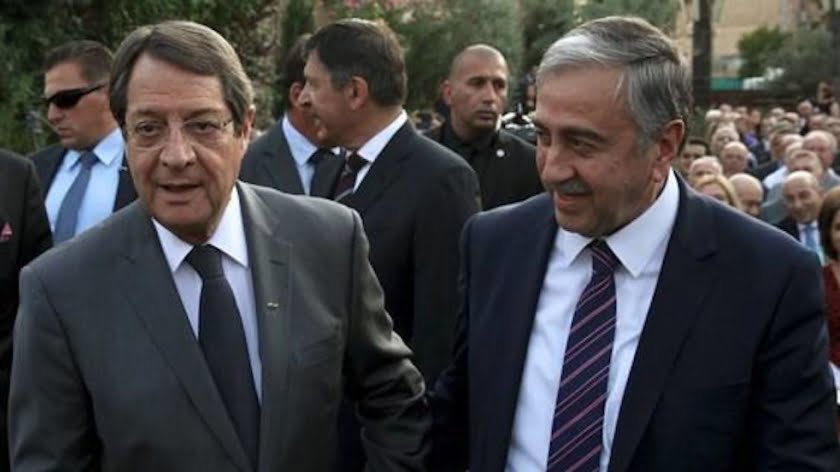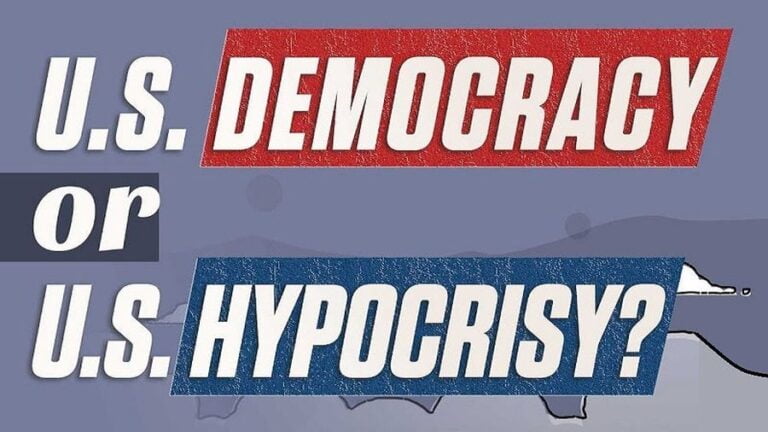The West Unsuccessfully Tries to Play the Algerian Card
It is now clear to all that the gas war the US and Europe unleashed against Russia, has been lost by the “collective West”. Moscow managed to push “gas for rubles”, forcing the EU to “reverse gear” by agreeing to Russia’s terms. European companies can now pay for Russian gas in rubles, which would not be considered a violation of sanctions, according to a European Commission document sent to EU member states.
The fact that the EU embargo on Russian gas is no longer under discussion was confirmed not only by French President Macron, notably in a series of interviews with French and Italian media. German Chancellor Scholz also acknowledged that a gas embargo against Russia was unacceptable because it would not end the Russian special operation in Ukraine, but would have “significant consequences” for Germany and Europe in general.
Even Borrel, who swapped his diplomatic suit for a military uniform in his belligerent threats against Russia and wished for the military defeat of Moscow in Ukraine, was forced to admit failure in the gas war. This confirmed that there is no unanimity amongst the current outspoken Russophobes in the EU political elite on the issue of abandoning Russian energy resources.
Meanwhile, as a result of the blatantly failed policies of the European Union, which wished to please its suzerain, the US, European politicians did punish EU citizens and condemned them to considerable financial expenditure due to the consequent rise in energy prices and the recent fall in energy receipts from Russia. For example, as a result of Western sanctions policy, gas transported from Russia via Nord Stream is running at the limit of infrastructure capacity, gas exports through the Ukrainian gas transport system have halved (from over 100 million cubic meters per day to just over 40 million cubic meters), gas transport through the Yamal-Europe pipeline is extremely low with exports being five times (sic!) below the average for the last 5 years. At the same time, volume for Turkish Stream dropped by 25%. As a result, physical gas exports for Europe have already fallen by 30% as compared with 2021 and a dramatic transformation of the global energy system has accelerated.
The energy crisis provoked by the West as a result of its anti-Russian sanctions policy could be the worst in half a century. Many analysts have already drawn parallels with the oil crises of the 1970s, when the six OPEC member countries of the Persian Gulf cut production and imposed an oil embargo on the United States and other countries that had supported Israel during the 1973 Doomsday War.
In addition, the gas situation could become more acute in Europe as early as the summer, when it may need more Russian gas. And this is because according to European scientists, hot and dry summers are expected in Europe, Asia and the USA. As a result of such expectations, not only European but also Asian consumers will start to replenish their stocks for next winter. Therefore, for EU countries, there may no longer be as much free LNG as they were getting in the spring.
Under these circumstances, European Commission President Ursula von der Leyen and Italian Prime Minister Mario Draghi made an emergency trip to Israel on June 13 in an ongoing effort to find “alternatives” to gas supplies from Russia. According to Agence France-Presse (AFP), both European politicians are counting on Israel, which in recent years has transformed itself from a buyer of natural gas into an exporter of the strategic energy source following the discovery of large offshore fields. Since there is no pipeline linking Israel’s offshore fields with Europe, one option would be to transport the natural gas to Egypt, where it could be liquefied for further export by sea to the European continent. Another option could be the construction of a pipeline to Turkey, and in this respect Europe’s hopes are linked to the gradual improvement of Israel’s relations with Ankara after more than a decade of diplomatic breakdown, and Turkey’s desire for joint energy projects with Tel Aviv. Another option could be the Eastern Mediterranean Pipeline (EastMed) between Israel, Cyprus and Greece, but due to the recent deterioration in relations between Ankara and Athens the viability of this project is still questionable. There are also other problems regarding Europe’s possible use of Israeli gas, notably the long-standing dispute between Israel and Lebanon over the sea border and the very difficult relations between the two countries of late.
Against this backdrop, Europe has once again set its sights on Algeria. However, the shortsighted nature of EU sanctions policy and Brussels’ position on the Algerian-Spanish conflict make it hard to hope that the EU will quickly play the Algerian card in the gas war with Russia.
It should be recalled that relations between Algeria and Spain have deteriorated sharply in recent months because of the conflict over Western Sahara, and Algeria severed diplomatic relations with the Kingdom of Morocco on August 24, 2021 for the same reason. In June 2022, Algeria terminated all trade relations with Spain, and before that suspended its friendship treaty with Madrid. In April, Algeria threatened to terminate Madrid’s gas supply contract if it defaulted on its obligations and started reversing the fuel to the North African kingdom. Moreover, as an apparent admonition of Madrid, Algeria has concluded a 9 bcm contract with Italy, diverting virtually all of the gas, which Algeria had deemed “freed up” from supplying to Spain because the Maghreb-Europe pipeline was shut down last autumn, to supply Rome. But this change of recipients of Algerian gas has already provoked a new split in the EU amid a gas war not only with Russia, but also over the receipt of gas, which once again demonstrated the lack of unity within the European alliance. Therefore, not only does further confrontation threaten the Old World with a worsening energy crisis and rising energy prices, including those of Russian deliveries, but also with the ultimate failure of European sanctions policy if Algerian gas supplies to Spain are cut off. As for Spain, its current crisis with Algeria threatens more than $3 billion worth of Spanish exports, El Pais reported. And this will be very painful for the Spanish economy and the social situation there.
Paris has also recently attempted to play the Algerian card and achieve a rapprochement with that country. French Ambassador to Algeria François Gouyette said the other day that “French President Emmanuel Macron is keen to remove any obstacles to rapprochement between the two countries,” the Al-Yaoum Al-Sabiou news agency reported on June 13. However, the actions of Paris, and Macron in particular, are viewed with great caution in Algeria, especially after the French President’s statements in early October 2021, when he was highly critical of Algeria’s history and political system, describing the North African state as governed by a “political and military system”. It was in response to these words that Algeria then recalled its ambassador from Paris “for consultations” and forbade French military aircraft to cross its airspace.







